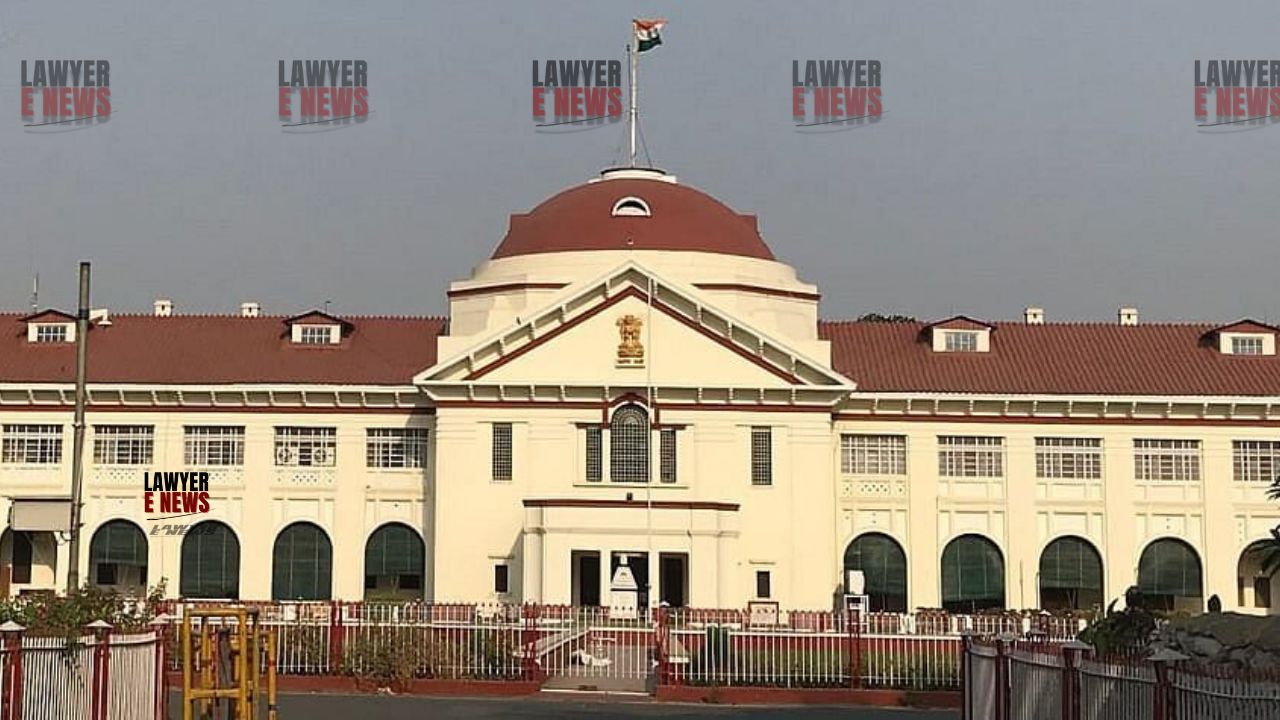-
by Admin
15 February 2026 2:36 AM



Acquittal of in-laws of the deceased upheld, citing lack of specific evidence against family members living outside the matrimonial home. In a significant judgment, the Patna High Court dismissed a criminal appeal challenging the acquittal of four in-laws of a deceased woman in a dowry death case. The bench, comprising Justices Vipul M. Pancholi and Ramesh Chand Malviya, upheld the trial court's acquittal, emphasizing the necessity of concrete evidence to implicate distant relatives in dowry-related cases. The court reiterated that allegations based solely on the victim's familial relations with the accused are insufficient to establish guilt.
The case stemmed from the death of Gudiya Devi, who was married to Pankaj Kumar Jha in 1998. Allegations were made that her in-laws, including her husband, subjected her to harassment over dowry demands for items like a scooter and color TV. In March 2003, Gudiya was found dead with 100% burn injuries at her in-laws' home. Her father, Shyamanand Jha, the informant, accused several in-laws of the crime, including those who were living in different cities at the time of the incident. The trial court acquitted four family members—Durga Jha (mother-in-law), Prabha Thakur, Archana Devi, and Annu Kumari—while convicting the husband and father-in-law.
The court noted that the allegations against the acquitted respondents, who were sisters-in-law of the deceased, were vague. Evidence presented by the prosecution failed to establish their physical presence at the time of the crime. Testimonies revealed that two of the accused were residing in Hyderabad and Delhi with their husbands, far from the scene of the incident.
"It is not justified to draw adverse inference against Respondent Nos. 2 to 5. The learned trial court has rightly acquitted them," the bench observed.
While prosecution witnesses testified about the deceased's harassment, their statements lacked clarity in attributing specific roles to the accused living elsewhere. The court remarked that roping in distant relatives without concrete evidence weakens the prosecution's case and risks unfairly implicating innocent individuals.
Citing the Supreme Court ruling in Kans Raj v. State of Punjab, the bench highlighted that "for the fault of the husband, the in-laws or other relations cannot in all cases be held to be involved in the demand for dowry."
The postmortem report revealed 100% burn injuries but did not determine whether the death was homicidal or suicidal. The investigating officer’s efforts to verify the whereabouts of the accused found no evidence that the sisters-in-law were present during the incident. As such, the court determined that there was insufficient proof to link them directly to the crime.
The bench applied a well-established principle: in dowry death cases, the burden of proof must go beyond mere association with the victim's family. The court stressed that specific, tangible evidence is required to convict family members who were not residing with the deceased. The acquitted respondents' absence from the crime scene, as established through investigation, further solidified their innocence.
"In cases where such accusations are made, the overt acts attributed to persons other than the husband must be proved beyond reasonable doubt," the court stated, aligning with Supreme Court precedents.
The dismissal of the appeal reinforces the judiciary's cautious approach in dowry-related cases, particularly regarding the role of distant relatives. The judgment underscores the need for strong, specific evidence to implicate family members who are not immediate participants in the alleged crime. By upholding the acquittal, the Patna High Court emphasizes the principle that suspicion alone cannot substitute for substantive proof.
Date of Decision: 2 September 2024
Shyamanand Jha v. State of Bihar
